Movie Review: Babylon
Discover the dark side of 1920s Hollywood with Damien Chazelle’s "Babylon."
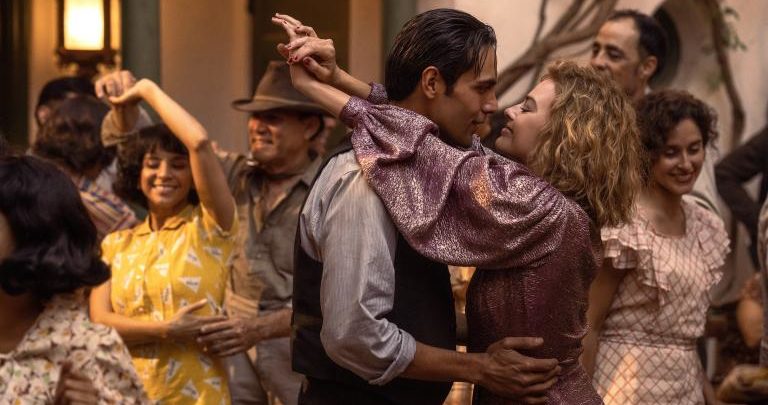 Scott Garfield, courtesy of Paramount Pictures
Scott Garfield, courtesy of Paramount PicturesReleased on December 23 in Canada and the United States, Babylon is the latest film written and directed by Damien Chazelle, the mind behind box office hits like La La Land and Whiplash.
Babylon’s star-studded cast features Margot Robbie, Brad Pitt, Diego Calva, Jean Smart, Jovan Adepo, and Li Jun Li. Flea from Red Hot Chili Peppers, Tobey Maguire, and Olivia Wilde also make brief yet memorable appearances throughout the film.
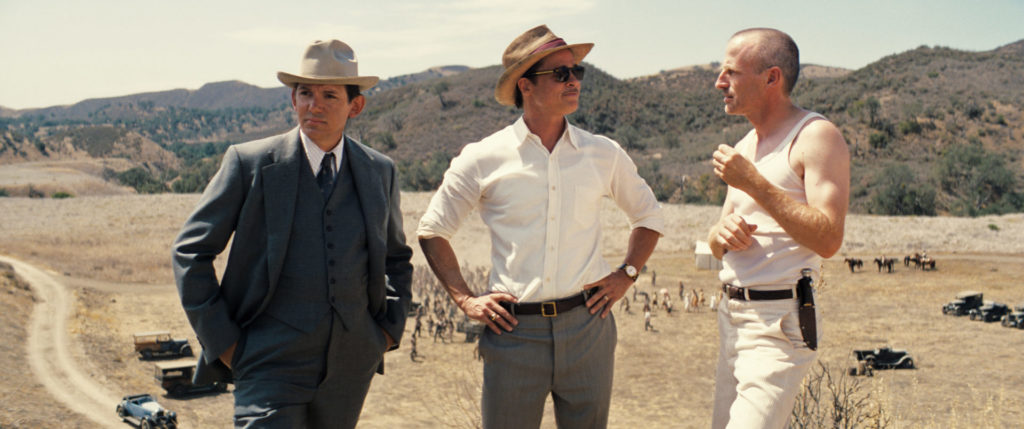
Babylon opens in 1926 Los Angeles as Manuel “Manny” Torres (Calva) transports an elephant to his boss’ mansion for an extravagant bash. Manny is a household servant for the executive of Kinoscope Studios, a silent movie production company, but dreams of working on a film set. At the party he falls head-over-heels for Nellie LaRoy (Robbie), a working-class woman who longs to be a star.
Jack Conrad (Pitt), introduced as an infamous silent movie star and alcoholic, is friends with lesbian cabaret singer Lady Fay Zhu (Li). The live music at the party immerses the audience in this lavish scene, performed by several jazz musicians including trumpeter Sidney Palmer (Adepo).
In the aftermath of the overindulgence in an assortment of vices like drugs, sex, and alcohol, Manny and Nellie begin their journeys in the film industry.
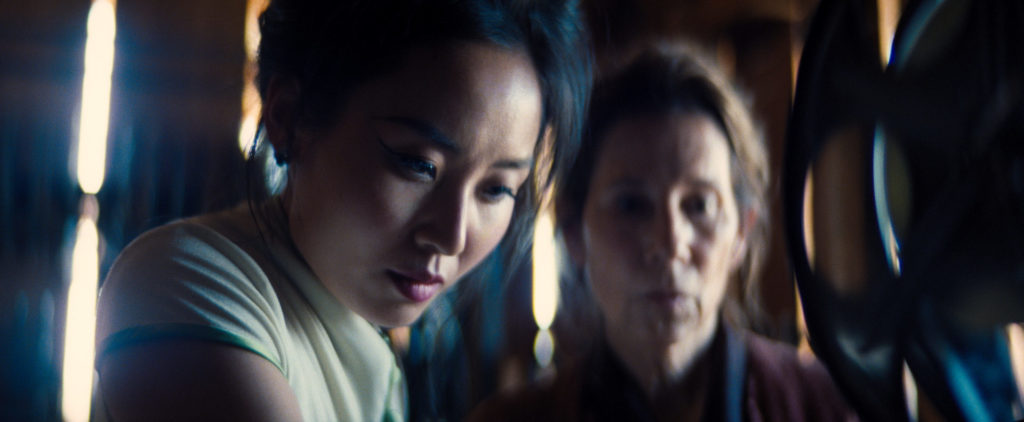
The rest of the film follows the intertwining stories of these characters as the development of sound film redefines the movie-making landscape. While many scenes are comedic in their gore and exaggeration, a darker critique of the dehumanizing film industry casts a shadow on Hollywood glamour. Bodily fluids, particularly sweat, are distinctly visible in the film, cutting through the airbrushed finish we have grown accustomed to in entertainment.
The excessive set and costuming of the film is reflected in its budget, estimated to be over $80 million. However, the movie did not come close to breaking even at box offices; this is potentially due to its release coinciding with Avatar: The Way of Water, or its whopping run-time of just over 3 hours.
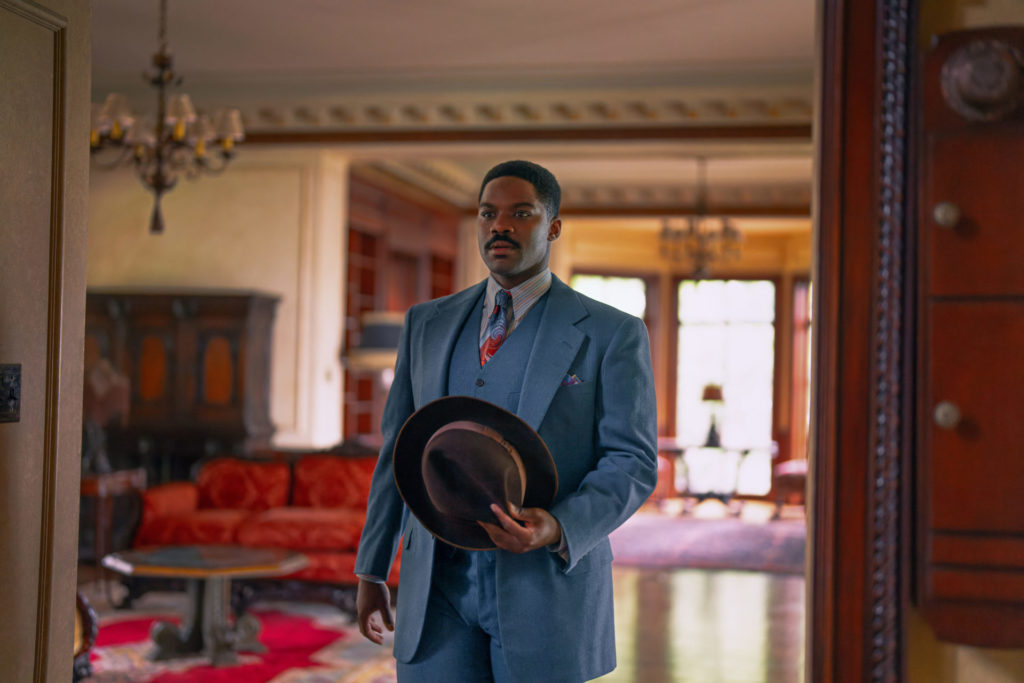
One of the film’s biggest points of contention lies in its representation of the Black, Indigenous, and people of colour (BIPOC) communities. The movie draws attention to the commodification and fetishization of the talented Chinese-American performer Lady Fay and African American musician Sidney.
However, despite its acknowledgement of the history of pervasive racism in Hollywood, Babylon perpetuates the practice of side-lining the experiences of racialized characters. Instead, it focuses on the lack-lustre storyline of Jack Conrad (Pitt) and his fall from stardom.
The film also teases at a lesbian relationship between Lady Fay and Nellie that is condemned by the public and quickly abandoned. This attempt at inclusion fails to rectify or adequately denounce the historical neglect of the LGBTQ+ community in film.
If the plot has a centre at all, it is the relationship between Manny and Nellie. It is not until the end of the film that the connection between Manny and Nellie develops into a reciprocal romance. After their first meeting the pair go their separate ways as they are enveloped in the rapid pace of the movie industry. Periodically, fate draws Manny and Nellie back together.
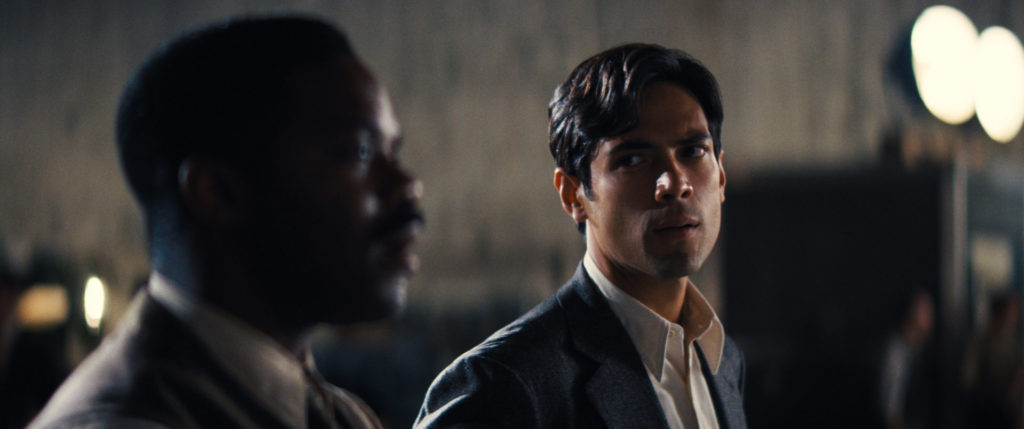
The tension builds as Manny rises to become a successful producer behind the scenes while Nellie faces the scrutiny of the public because she fails to live up to their moralistic ideals. Rather than fulfilling the stereotype of the fallen woman, Nellie is trapped in the very realistic struggle of women in Hollywood who are simultaneously sexualized and expected to remain innocent.
Babylon is, at its core, a movie about making movies. Breaking drastically from the fast-paced plot that comprises the bulk of the film, the final minutes show Manny watching the 1952 Gene Kelly musical comedy Singin’ in The Rain. A cerebral montage depicting the history of film since the silent era implicates the audience in the cruelty of the film industry. We are reminded as viewers that this story, like all others on screen, is painstakingly constructed for our entertainment.




